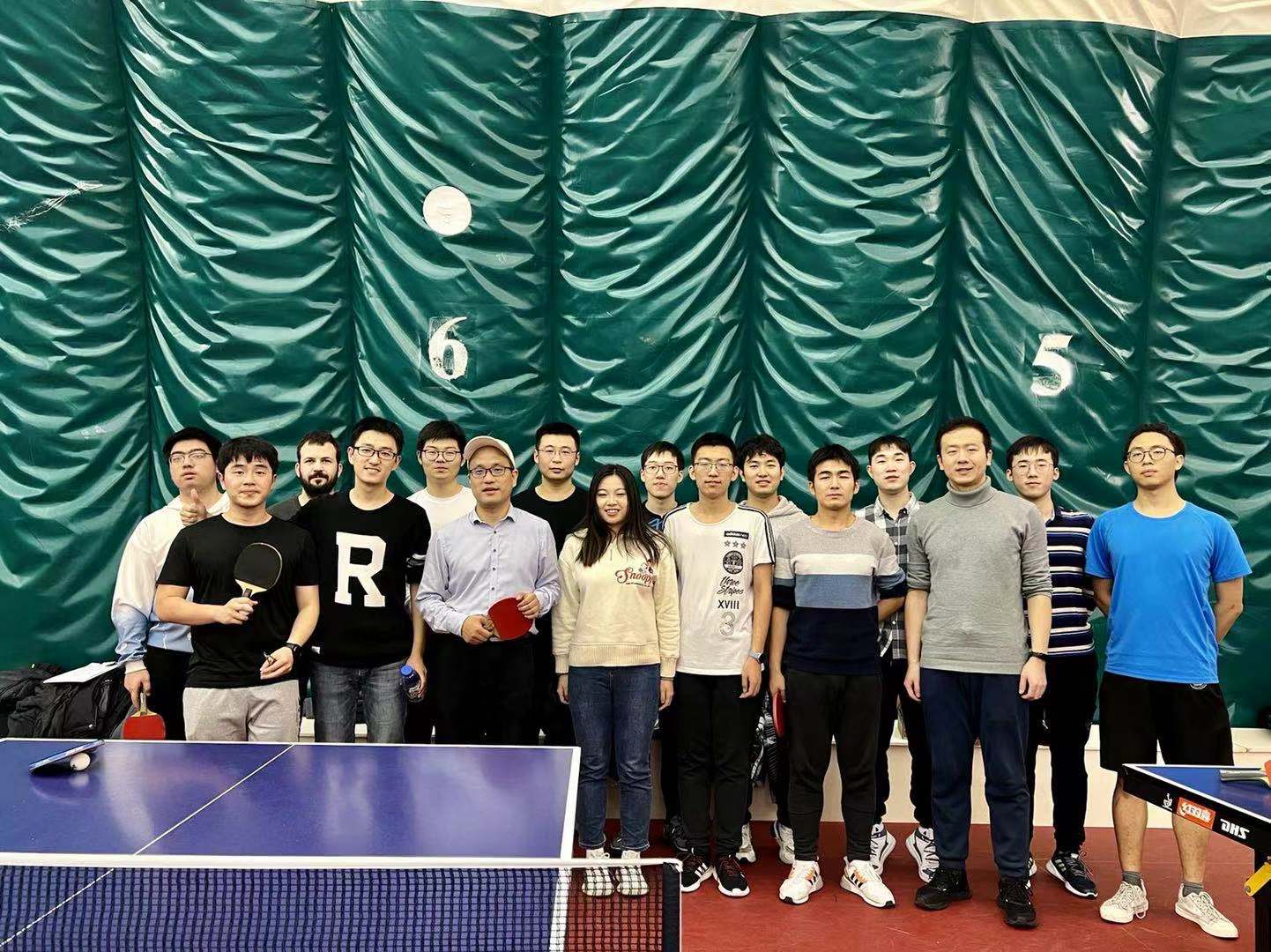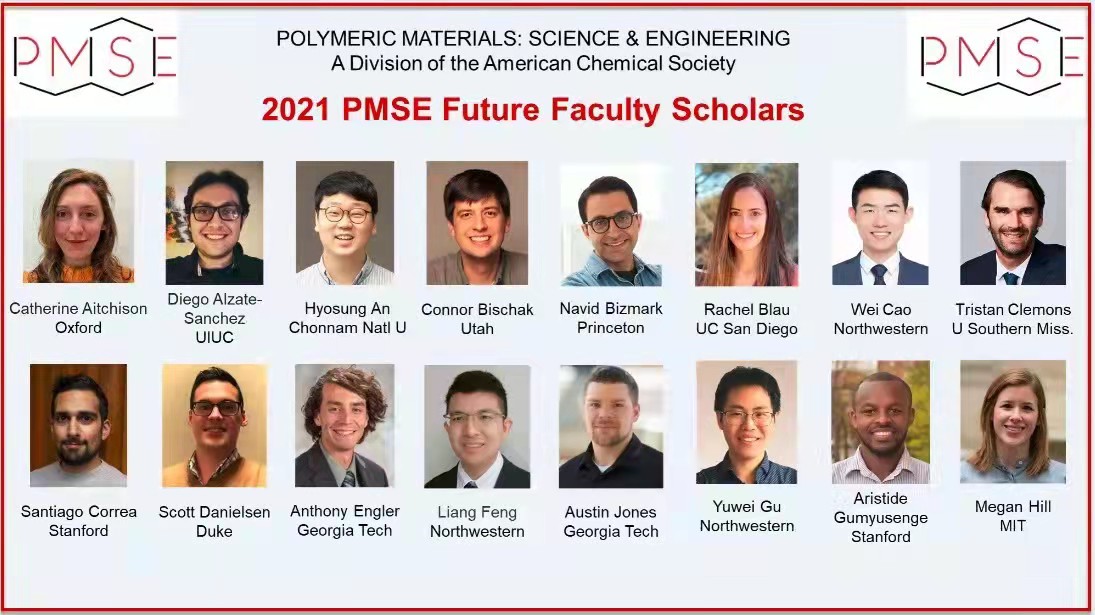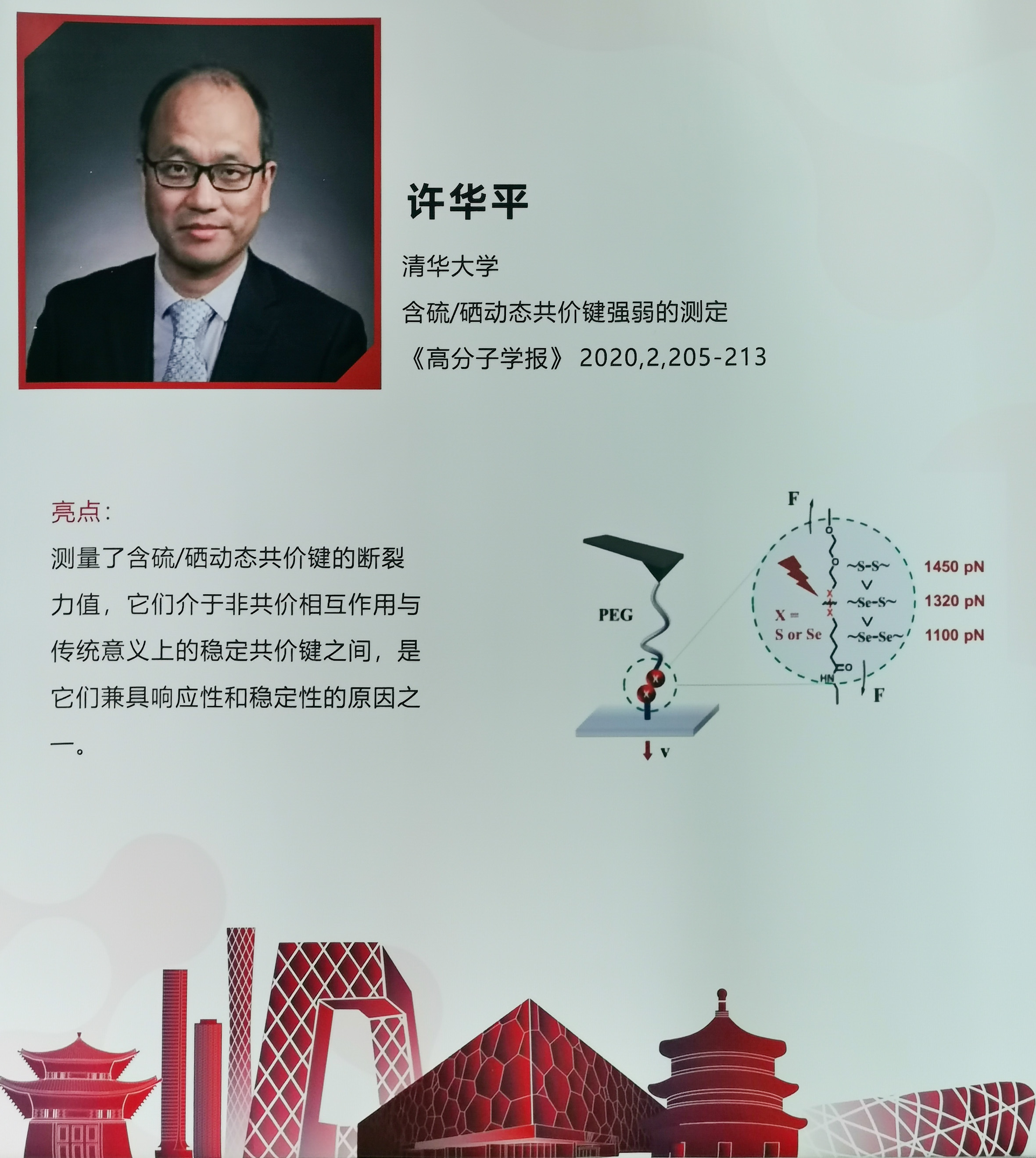Cheng Liu, Yizheng Tan, Chaowei He, Shaobo Ji, and Huaping Xu
Adv. Mater., 2021, 33, 2105194.
Programming 2D sheets to form 3D shapes is significant for flexible electronics, soft robots, and biomedical devices. Stress regulation is one of the most used methods, during which external force is usually needed to keep the stress, leading to complex processing setups. Here, by introducing dynamic diselenide bonds into shape-memory materials, unconstrained shape programming with light is achieved. The material could hold and release internal stress by themselves through the shape-memory effect,...
More





